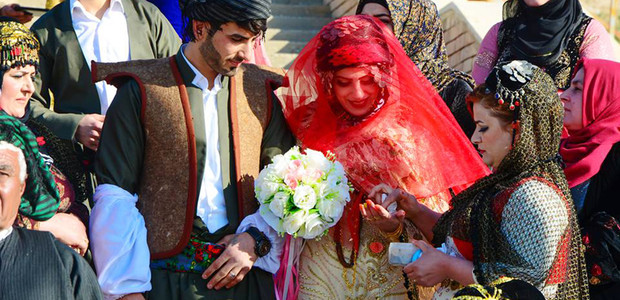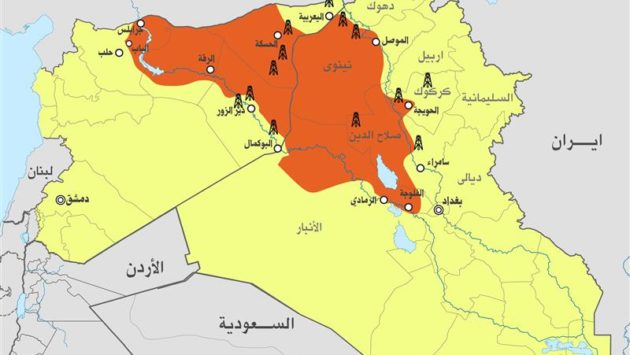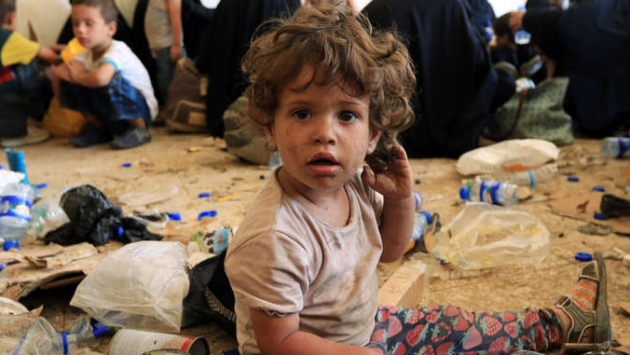He’s Not Good Enough For You: In Northern Iraq, Tribal Traditions Build On Ancient Class System
Dashty Ali – Niqash

Although Iraqi Kurdish cities may appear relatively liberal, there is still a kind of class war going in in many parts of the semi-autonomous northern region. In some areas, one’s “class” is based upon which tribe one comes from and this classification often impacts on when and who can marry into the clan.
For almost a century the Sheikh tribe, composed of the Barazanji, Sawlah and Kalaei clans, has lived in the Karmayan area. Women from within the Sheikh tribe have never been allowed to marry outside of the group. Other families were seen as of a lower class.
“The people of this tribe consider themselves better than other groups,” agrees Ata Mohammed Saleh, a member of the Sheikh tribe. “This has created a barrier between them and other tribes which has never been removed. Even today about half of the Sheikh tribe still insists that its daughters marry inside the tribe.”
Fayan Mohammed is 30 and at this age, she is almost too old to be married. She says she had suitors but her father refused to allow her to marry them because they were from outside the tribe. Men, on the other hand, are allowed to marry outside the Sheikh tribe.
“I’m from this tribe but I don’t believe that the Sheikh tribe is better than anybody else,” Mohammed says. “We are all human beings.”
The story for the Bigzadah clan, which belongs to the Jaf tribe, is quite different. Previously this tribe had the same kinds of rules about intermarriage. In fact, for the Bigzadah tribe, even men were not allowed to marry outside the group.
“But this situation has now changed completely,” says Ahmad Sarteeb of the Bigzadah clan. “The Bigzadah men and women are now marrying outside the tribe.”
This is apparently because many of the tribe’s young women would end up never getting married and the tribe began to suffer from a population decrease.
In the past marriages would be approved by the families and then sealed by local clerics and community leaders. The Iraqi Kurdish government didn’t really come into it. Now there is the option to get married in a civil ceremony in Iraqi Kurdistan – yet somehow this hasn’t impacted the young men and women from the tribes looking for spouses. In fact, sometimes fathers will ask the local authorities not to approve any marriage that crosses tribal bloodlines.
Even the attitudes of local clerics have changed. “God says that humans were put into tribes and groups so they could come to know one another,” argues local cleric Karawan Rashid, not to treat others like inferiors.




